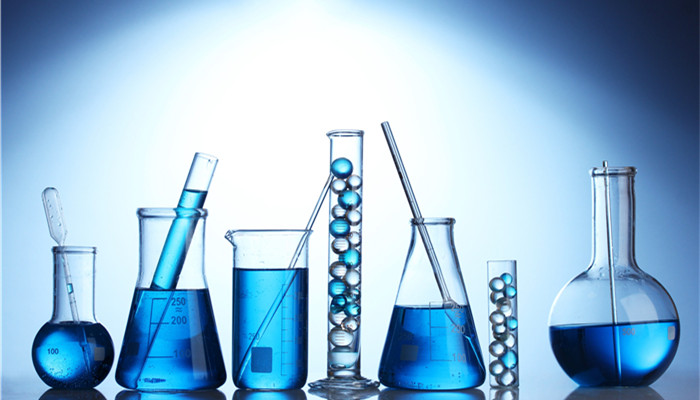
Mercury-free catalysts are mainly used in the production of polyvinyl chloride plastics. my country’s enthusiasm for research and development is rising
Mercury catalyst refers to the main catalyst used in the production of vinyl chloride monomer for polyvinyl chloride plastic (PVC) by the calcium carbide acetylene method. Mercury-free catalyst refers to a new type of catalyst produced based on mercury catalyst. It has the advantages of green environmental protection, high reaction rate, good stability and high activity, and has broad application prospects in the field of chlor-alkali chemical industry. According to different active components, mercury-free catalysts can be divided into two types: non-noble metal catalysts and precious metal catalysts.
Traditional mercury catalysts are used to produce vinyl chloride monomer, which can easily cause environmental pollution and cause harm to human health. With the tightening of national environmental protection policies, the use of mercury catalysts in my country has dropped sharply. As mercury-free catalysts are used as alternatives to mercury catalysts, the industry’s prosperity continues to increase. The use of mercury-free catalysts to prepare vinyl chloride monomer has the advantages of high product quality, mild reaction conditions, and high catalyst selectivity. It has gradually been widely used in the production of PVC plastics by the calcium carbide acetylene method.
In recent years, thanks to national policy support, my country’s enthusiasm for mercury-free catalyst research continues to rise. In July 2022, the research team of Dai Bin from the School of Chemistry and Chemical Engineering of Shihezi University successfully prepared a highly stable Au catalyst by modifying cocatalysts, carriers, and ligands such as Co(II), Co(III), and La(III). . As a new type of high-efficiency mercury-free catalyst, Au catalyst has the characteristics of anti-sintering and high activity, and is expected to become a representative product of mercury-free catalysts in the future.
According to the “2023-2028 China Mercury-free Catalyst Industry Market In-depth Research and Development Prospects Forecast Report released by the Industrial Research Center, Polyvinyl chloride plastic (PVC) is the largest demand end for mercury-free catalysts. Polyvinyl chloride has the advantages of low production cost, lightweight, good ductility, good chemical resistance, flame retardancy, and good electrical insulation. It is widely used in construction materials, medical supplies, electronic products, automobile manufacturing, agriculture and other fields. In 2022, my country’s demand for polyvinyl chloride will reach nearly 22 million tons. As the development of downstream industries accelerates, the scale of my country’s mercury-free catalyst market will further expand.
Kaili New Materials focuses on the R&D, production and sales of new products such as mercury-free catalysts, alkane dehydrogenation catalysts, and water electrolysis hydrogen production catalysts. It is a representative enterprise of mercury-free catalysts in my country.
Industry analysts said that as the concept of green environmental protection continues to deepen, the development speed of the mercury-free catalyst industry has further accelerated. In recent years, attracted by market prospects, the number of mercury-free catalyst manufacturers in my country has continued to grow. Mercury-free catalysts are important additives for the production of polyvinyl chloride plastics (PVC), and strong downstream demand provides favorable conditions for industry development. In the future, with in-depth research and technological advancement, my country’s mercury-free catalyst market space will be further expanded.

 微信扫一扫打赏
微信扫一扫打赏

